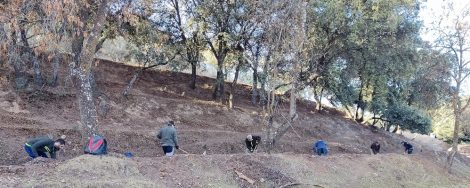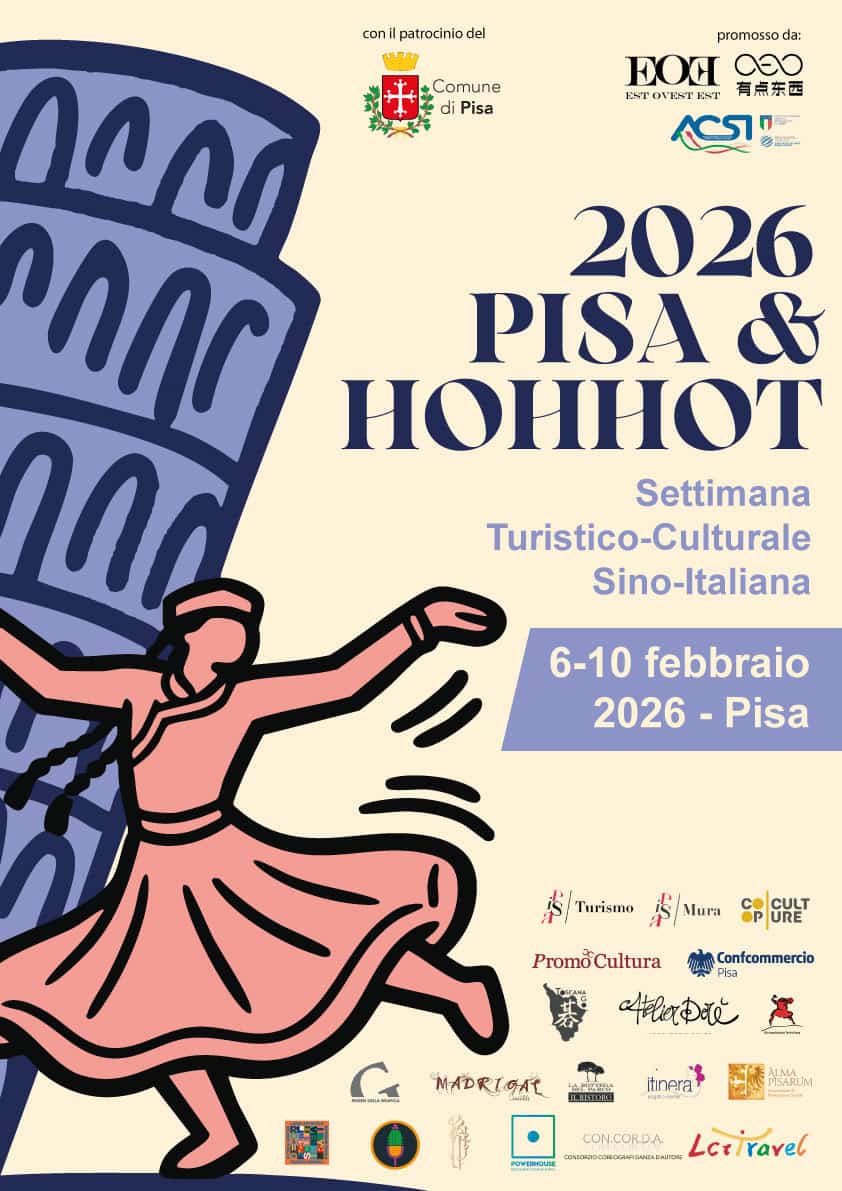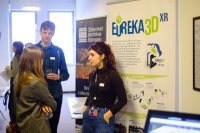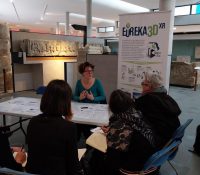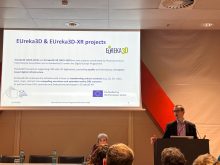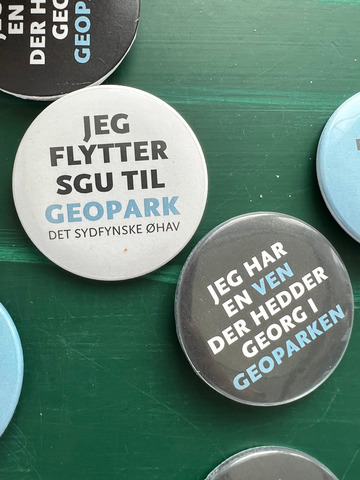 Associate Professor Carsten Humlebæk of Copenhagen Business School, partner of the INCULTUM project, recently participated in the first ordinary meeting of the Scientific Council of Geopark The South Fyn Archipelago of which he became a member at the inception of the Council in the summer of 2023. The Council’s role is to be a partner for the Geopark’s board and secretariat and provide input for new potential activities and business areas. The council seats biologists, historians, archaeologists, and geologists with responsibility for the six areas of action: Geology and nature, Teaching, Active outdoors living, Culture, and Research.
Associate Professor Carsten Humlebæk of Copenhagen Business School, partner of the INCULTUM project, recently participated in the first ordinary meeting of the Scientific Council of Geopark The South Fyn Archipelago of which he became a member at the inception of the Council in the summer of 2023. The Council’s role is to be a partner for the Geopark’s board and secretariat and provide input for new potential activities and business areas. The council seats biologists, historians, archaeologists, and geologists with responsibility for the six areas of action: Geology and nature, Teaching, Active outdoors living, Culture, and Research.
A collaboration between four municipalities, Geopark The South Fyn Archipelago aims to ‘create a strong common identity as a basis for local development, respecting landscapes, cultural heritage and wild nature’ in the south of Fyn and the adjacent islands and marine area. The Geopark aspires to become a UNESCO Global Geopark and received a visit by the UNESCO evaluators in June 2023 (in which the Scientific Council also participated). The final decision on the application is expected in late March.
Carsten Humlebæk is tasked with special responsibilities in the sixth field of action, focusing on geotourism – not least due to his involvement in the EU research project INCULTUM. Several of the tools and methods that INCULTUM has resulted in can be adapted to and implemented in Geopark contexts.

Find more information about Geopark the South Fyn Archipelago here and about UNESCO Global Geoparks here. Contact Carsten Humlebæk for more information about his work at cjh.msc@cbs.dk


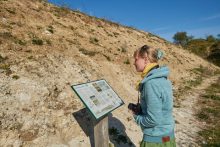
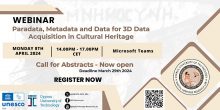
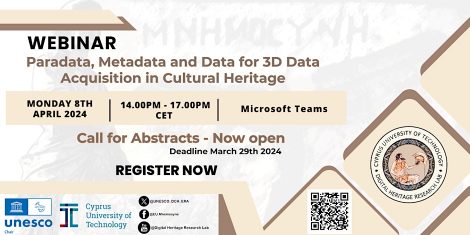
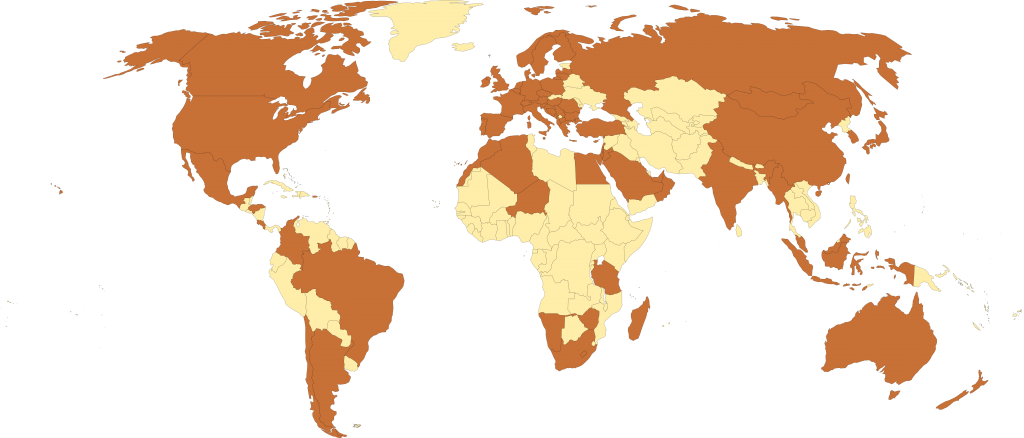
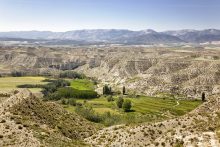
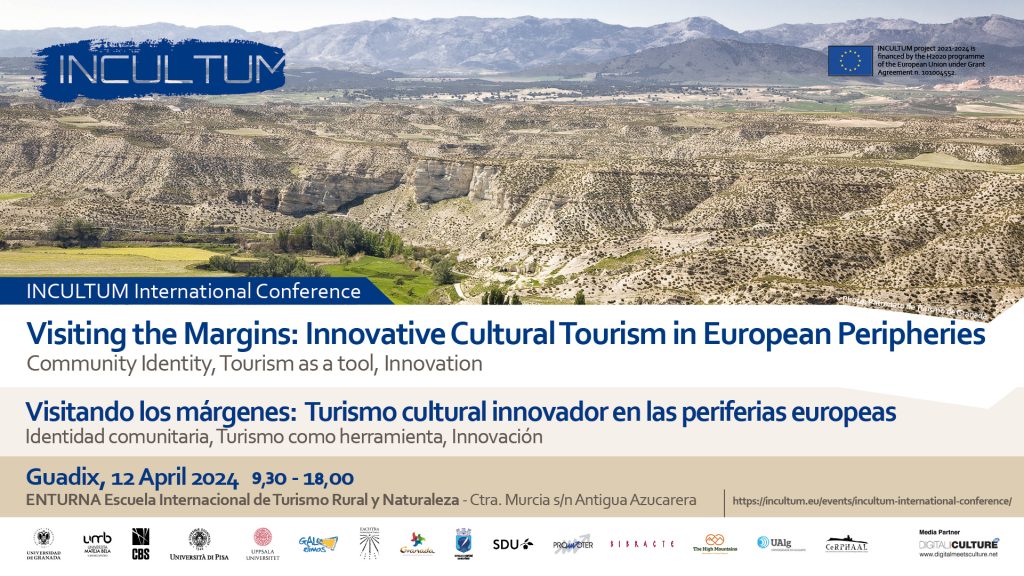

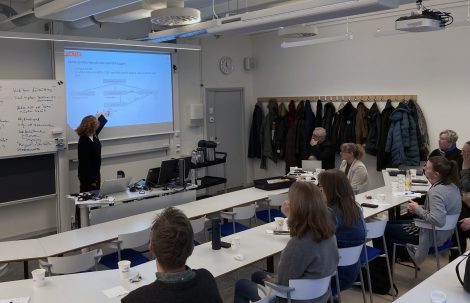 On February 13th, the
On February 13th, the 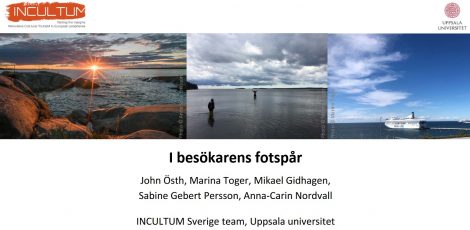

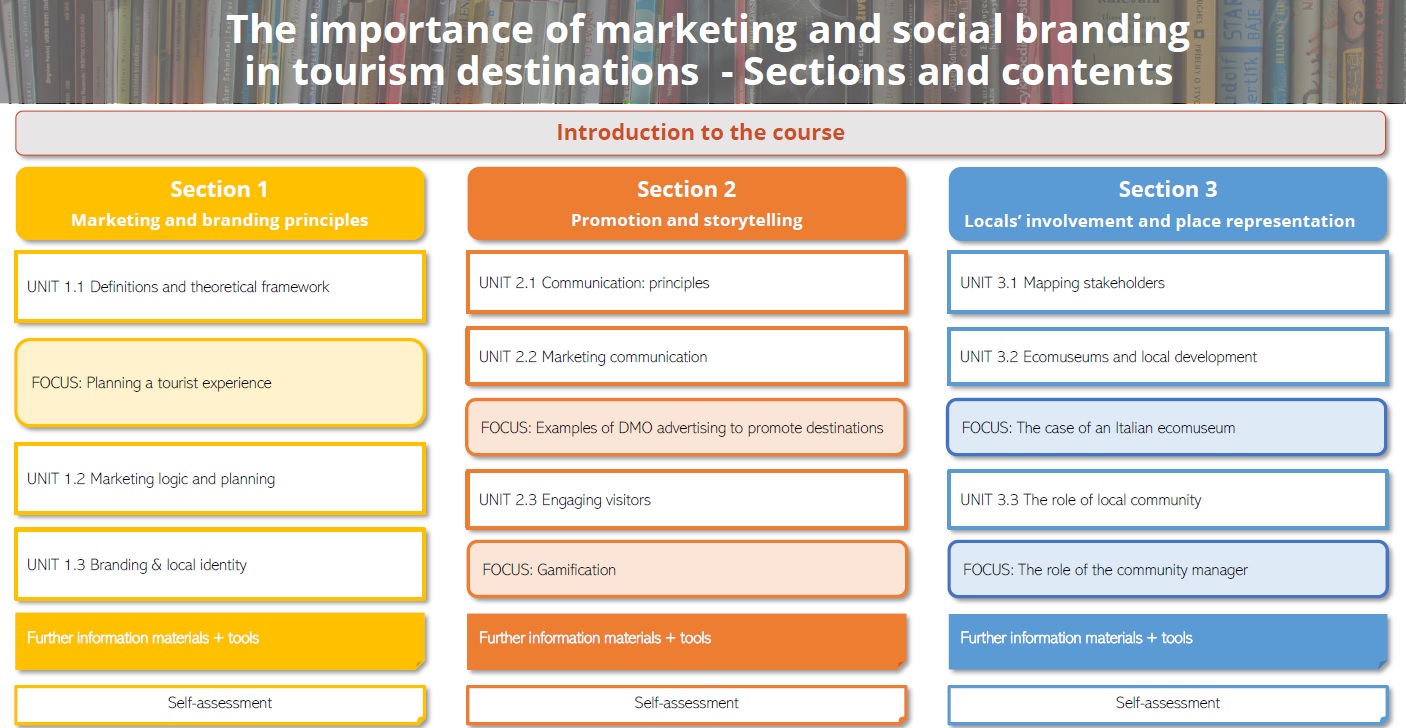
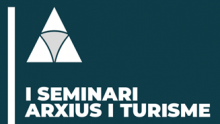
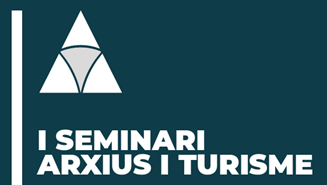 The City Council of Lloret de Mar, the Diputació de Girona and the Generalitat de Catalunya are promoting the realization in Lloret de Mar of a biennial seminar on “Archives and Tourism”, which should facilitate bringing the history of tourism closer to the society from multiple perspectives and in this way make known the importance of preserving and making this documentation accessible in both public and private entities around the world.
The City Council of Lloret de Mar, the Diputació de Girona and the Generalitat de Catalunya are promoting the realization in Lloret de Mar of a biennial seminar on “Archives and Tourism”, which should facilitate bringing the history of tourism closer to the society from multiple perspectives and in this way make known the importance of preserving and making this documentation accessible in both public and private entities around the world.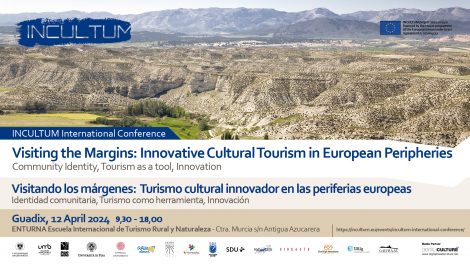
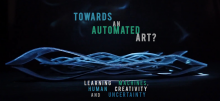
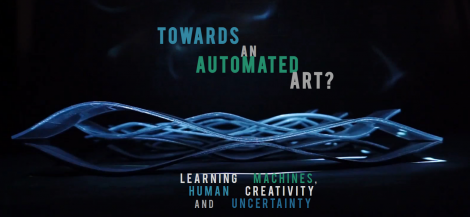
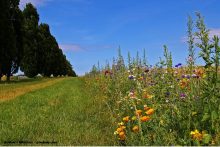
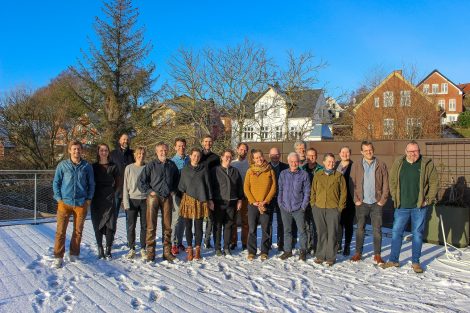
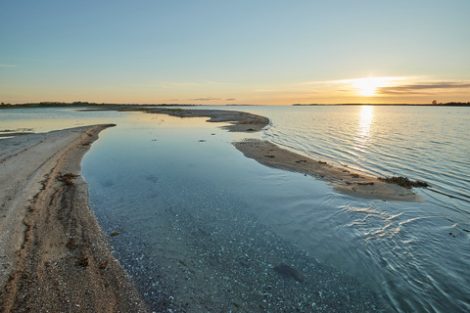
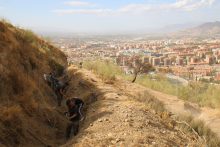
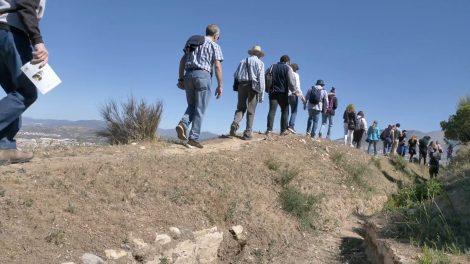 After the recovery of the Aynadamar irrigation channel and the adjoining trail during the last year, the
After the recovery of the Aynadamar irrigation channel and the adjoining trail during the last year, the 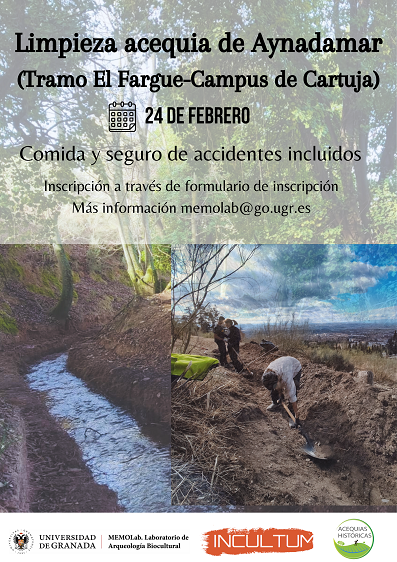 A very nice participatory activity that sees the engagement of the local community together with the archaeologists of the
A very nice participatory activity that sees the engagement of the local community together with the archaeologists of the 